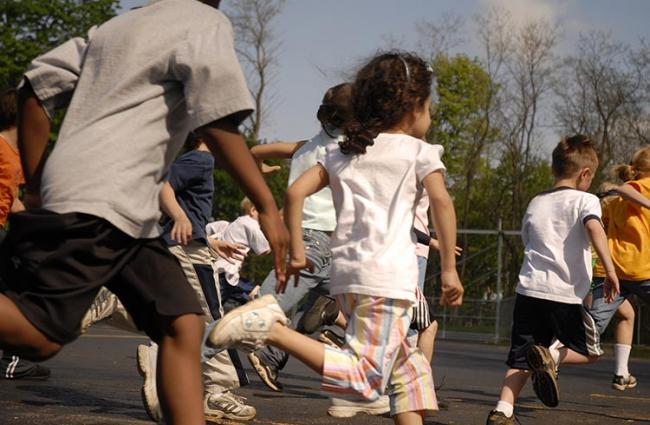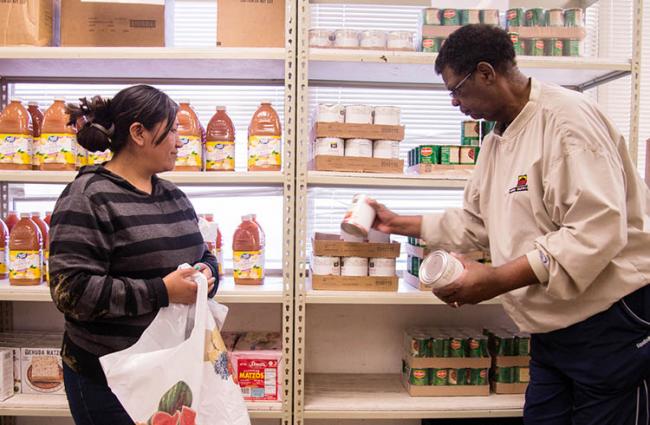Evidence for Action (E4A) funds research evaluating the population health, wellbeing, and racial equity impacts of programs, policies, and practices. What We're Learning is a repository of media pieces, research articles, presentations, reports, and other materials highlighting E4A supported research and findings. Sort by topic or resource type.

A mother's eligibility for the Deferred Action for Childhood Arrivals (DACA) was associated with an increased likelihood that her child(ren) participated in the Women, Infants, and Children Program (WIC).
Published Research resource

The health of citizen children born to undocumented immigrants is closely tied to local, state, and federal immigration policies.
Popular Press resource

Presentation outlining study rationale, background, and initial findings to the San Francisco Office of Financial Empowerment.
Presentations resource

Handgun waiting periods, firearm permits, prohibition of firearm possession by a person convicted of a violent misdemeanor, and firearm relinquishment programs led to a lower percentage of in-state gun ownership and a lower chance that recovered guns were from an in-state source, suggesting guns tend to move from states with fewer restrictions into states with more restrictions.
Published Research resource

In the first randomized controlled experiment of a multi-component intervention designed to shift schedules in hourly retail jobs toward greater stability, the Stable Scheduling Study found that increasing the stability of work schedules is possible and even profitable in today’s competitive retail environment.
Briefs, Reports, and Infographics resource

A stable scheduling intervention at Gap, Inc., showed that such practices lead to increased productivity and sales.
Popular Press resource

Stable scheduling practices has benefits for workers and employers.
Popular Press resource

Stable schedules for retail hourly, shift-workers led to increased productivity and sales, as well as reduced stress and better health for workers.
Popular Press resource

Where we live and the quality of our housing and neighborhood determines many things, including access to healthy food, quality of education, and overall health and well-being.
Briefs, Reports, and Infographics resource

To promote elementary physical education, a compliance law is not enough—schools need more resources in the form of financial support for more teachers, evidence-based curricula development, professional development for class room teachers, and trainings/technologies to help schools track and report physical education minutes.
Briefs, Reports, and Infographics resource

Understanding the interplay of economic instability and individual health income with family and social network level economic and food insecurity can aid in the development of interventions aimed at improving health and wellbeing.
Published Research resource

The Deferred Action for Childhood Arrivals Program has positive economic impacts, as well as psychological health and wellbeing. Rescinding the program could have serious population-level mental health and wellbeing repercussions.
Published Research resource